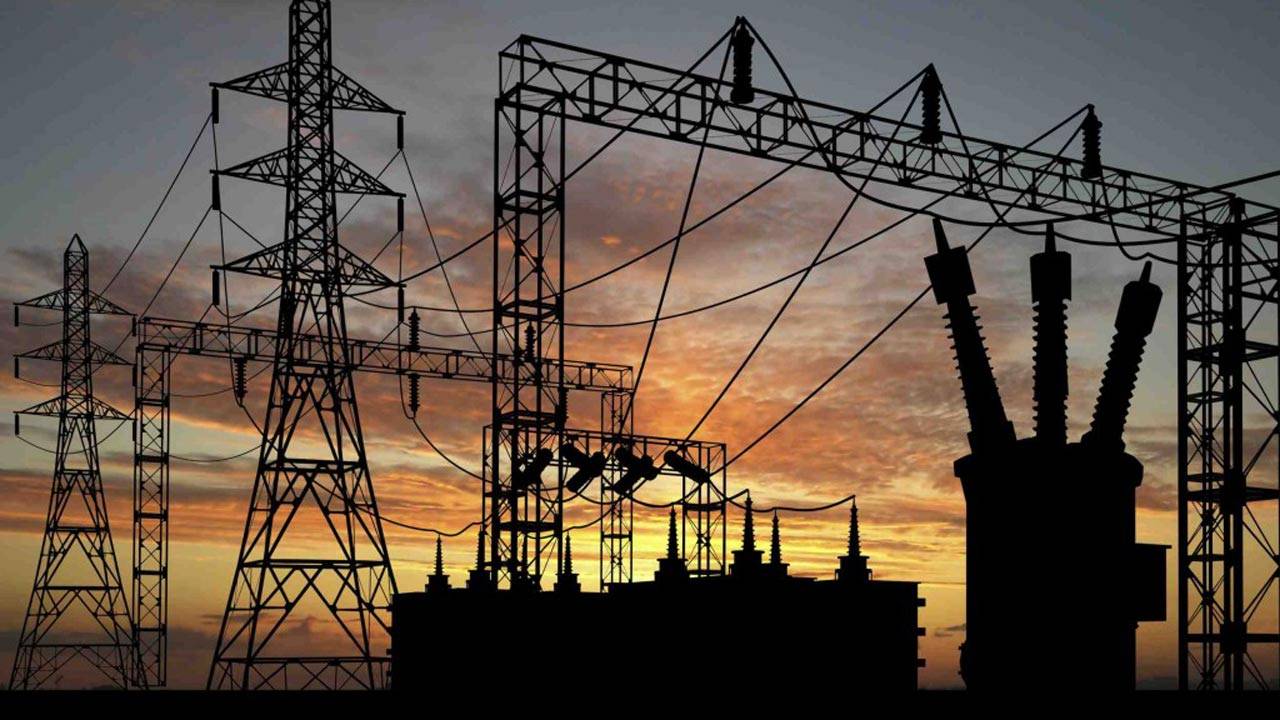Zimbabwe lands Major Investment Deal From Indian Bank To Curb Power Crisis

Zimbabwe has received a USD 42 Mn investment from Exim Bank of India which will be used to improve power supply across the country.
The investment which is in the form of a loan is expected to be paid back within 20 years.
The funding will be provided in two phases. The first amount, valued at USD 23 Mn will be directed to finance the repair and upgrade the Bulawayo thermal power plant.
Due to lack of routine maintenance which is required, the power plant’s production capacity has reduced from 90 MW to 20 MW. The renovation is expected to improve the plant’s production capacity.
The second credit facility which is worth USD 19.5 Mn will be used to fund the construction phase of the Deka pumping and water collection station which will help increase the production of electrical energy.
The Southern African country which is currently facing an economic crisis is undergoing some of its worst power outages. The frequent and prolonged blackouts are as a result of a drop in water levels at Kariba Dam, a water source that provides the bulk of power to the country.
Since May, power has only been available in Zimbabwe for seven hours each day, between 10 pm and 5 pm. The situation has crippled business operations forcing many companies to shut down while others have opted to work at night.
Big companies like Econet have been forced to use batteries and solar in their operations just to ensure they remain afloat.
The current power demand in Zimbabwe is higher than the supply.
This latest investment comes after the Emmerson Mnangagwa-led state got some respite from South Africa’s state power utility Eskom. The SA state enterprise assented to supplying 400 MW of electricity to Zimbabwe.
Accrued debts owed to Eskom earlier prevented Zimbabwe from accessing power. Zimbabwe’s power utility ZESA owed Eskom and Mozambique’s HCB power company USD 80 Mn, but the debts have partly been cleared.
In order to continue receiving power from Eskom, ZESA signed an agreement on the debt settlement plan where it is expected to pay USD 890K weekly to Eskom.
Featured Image Courtesy: www.iroy